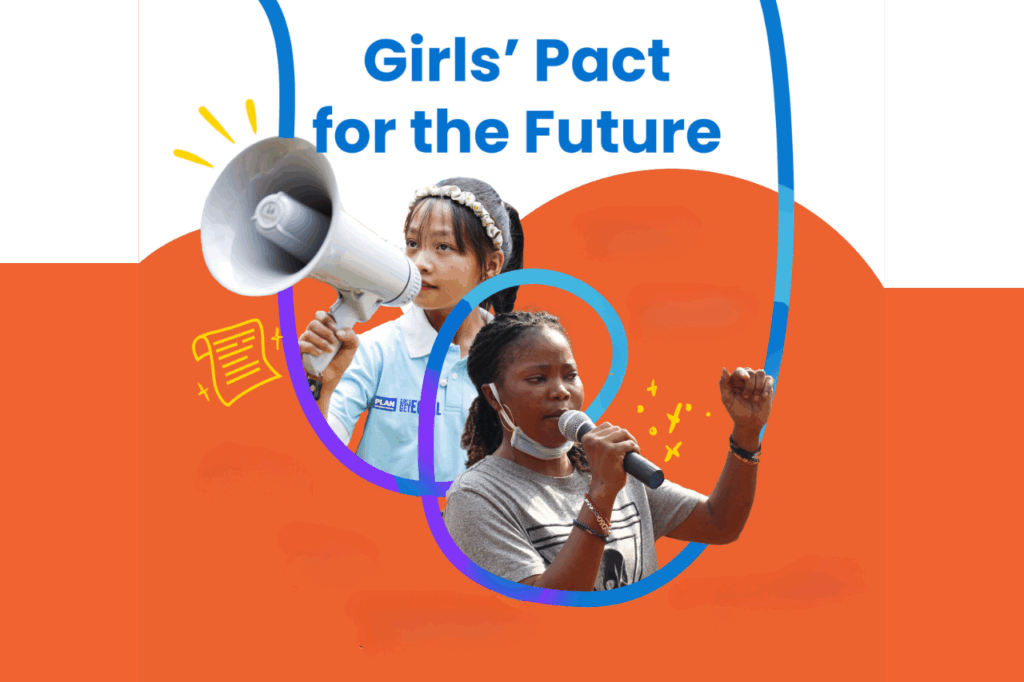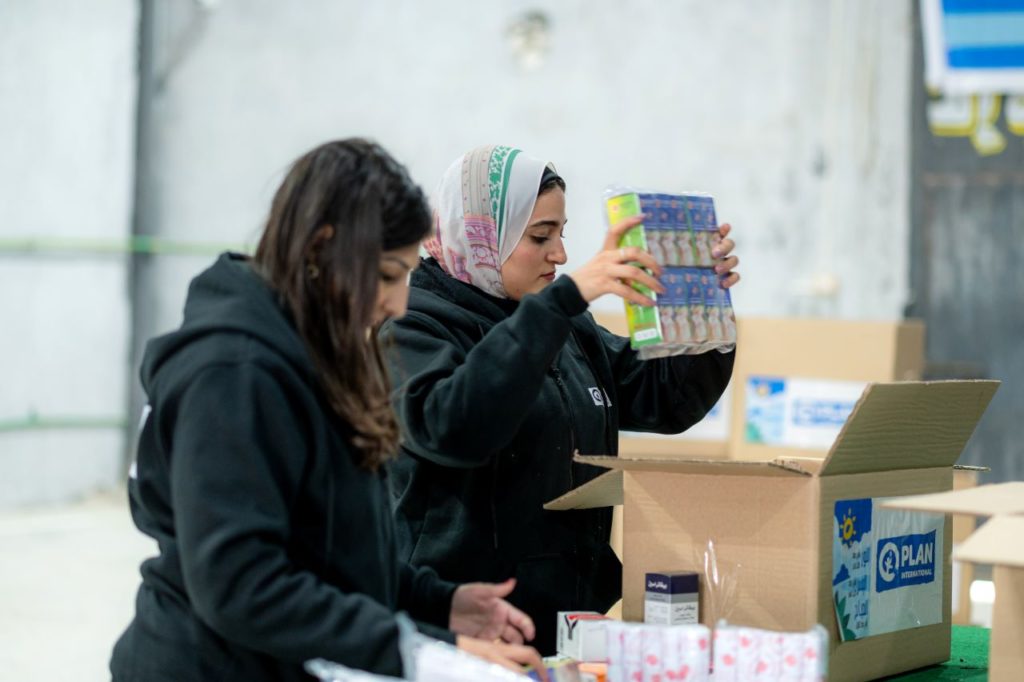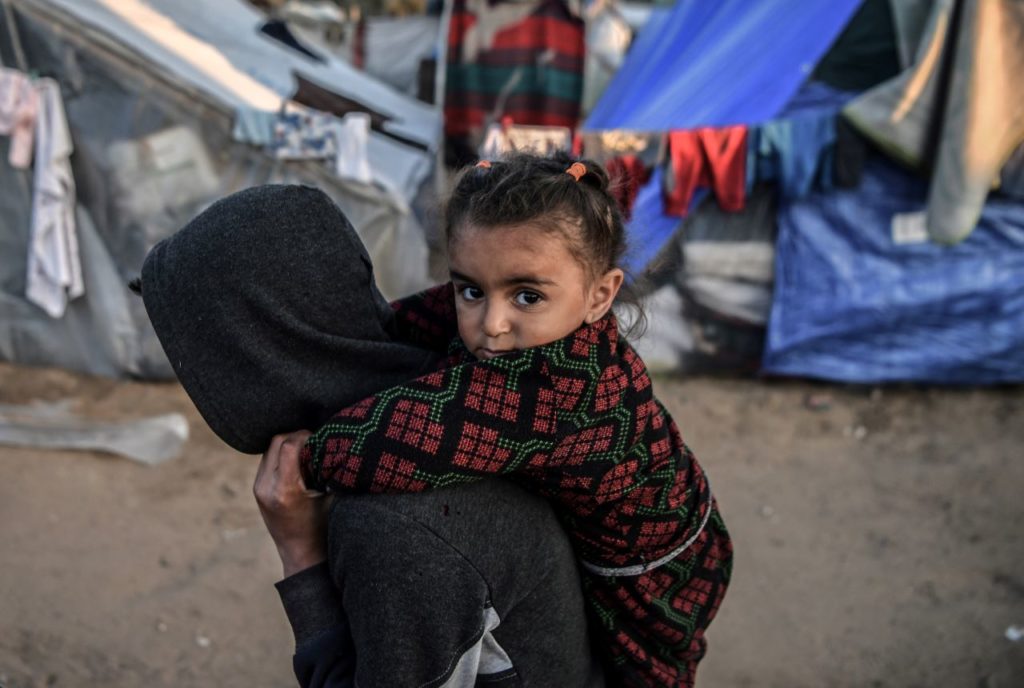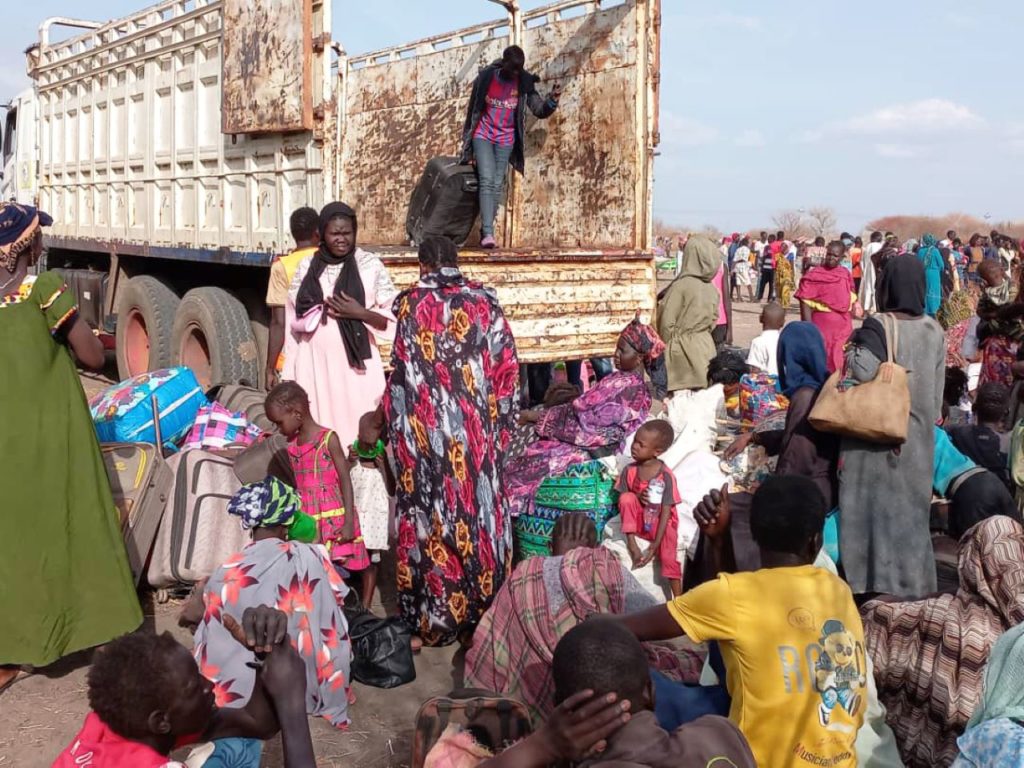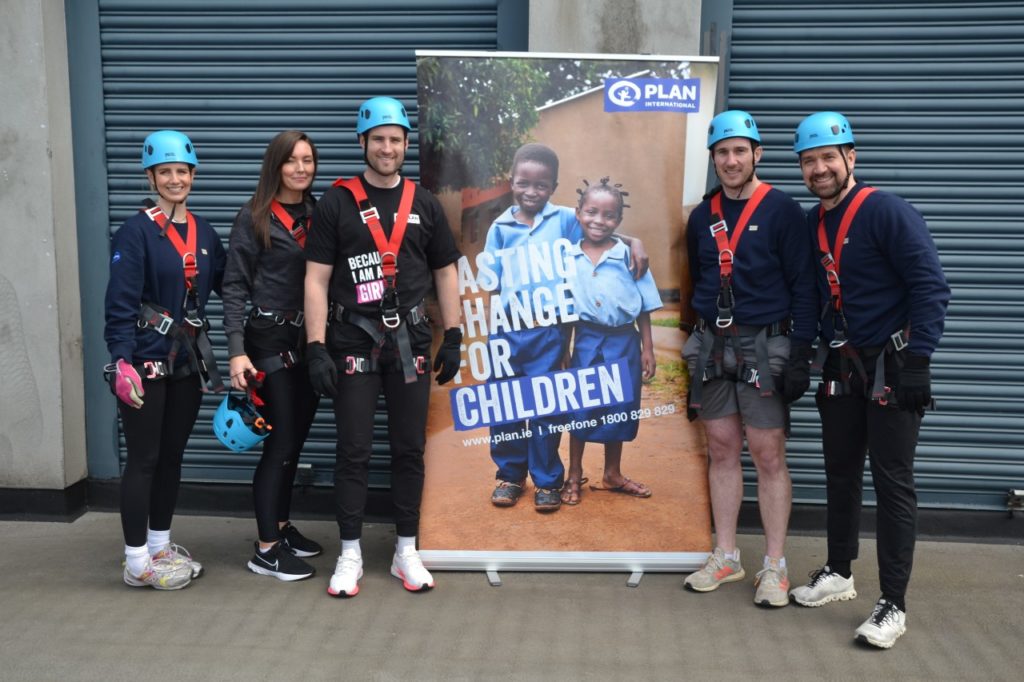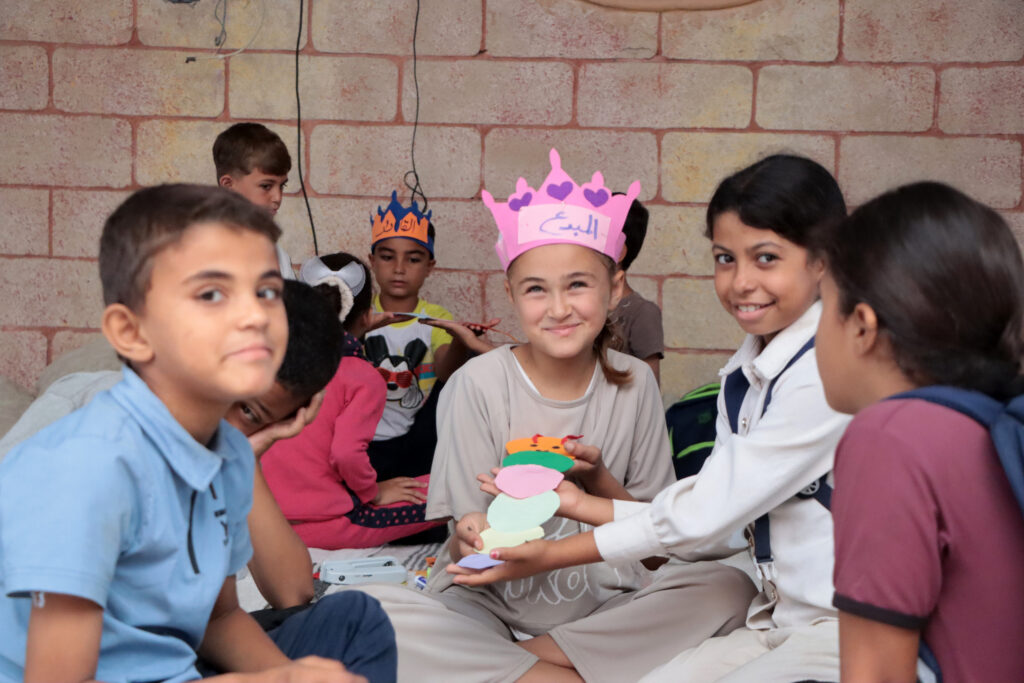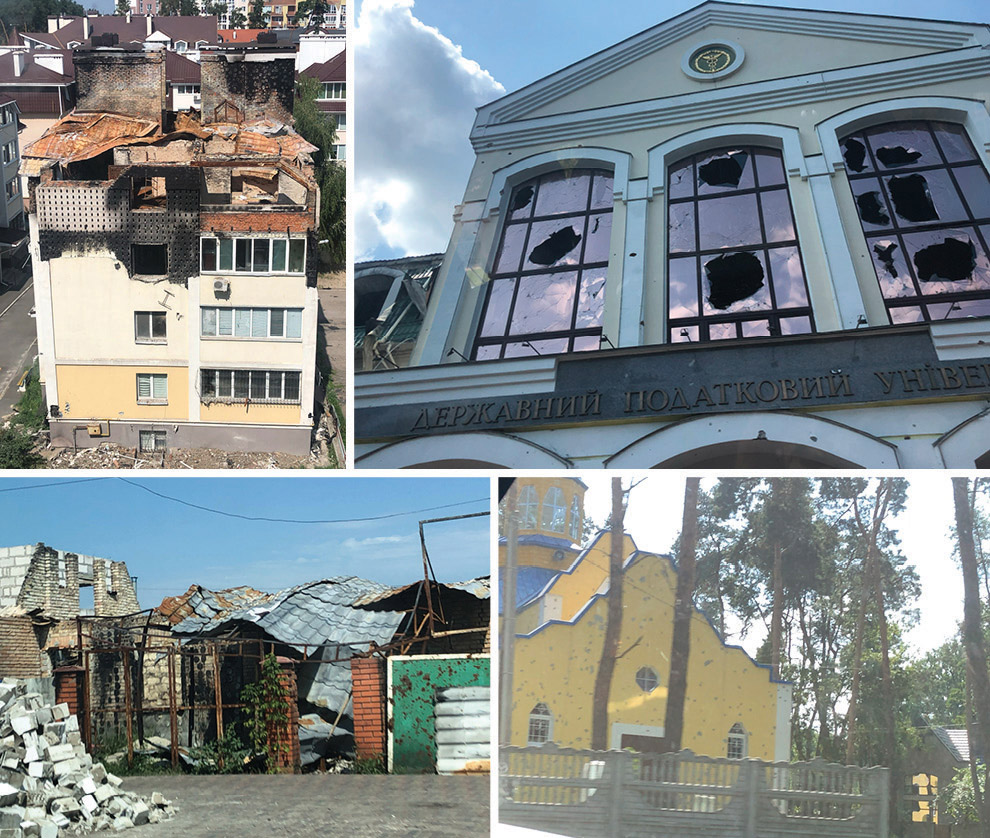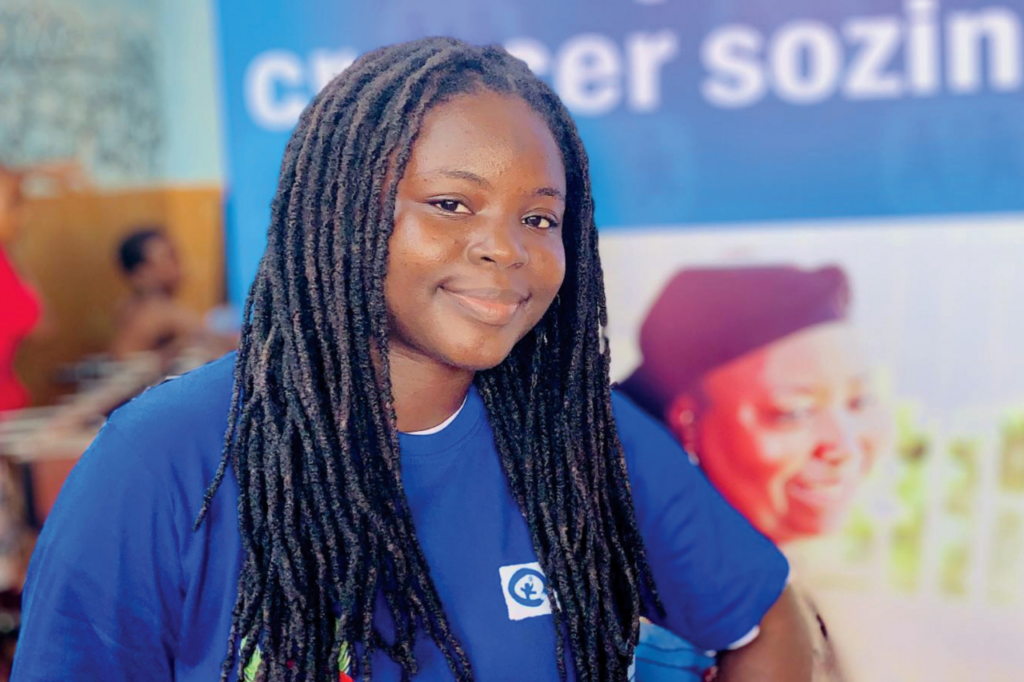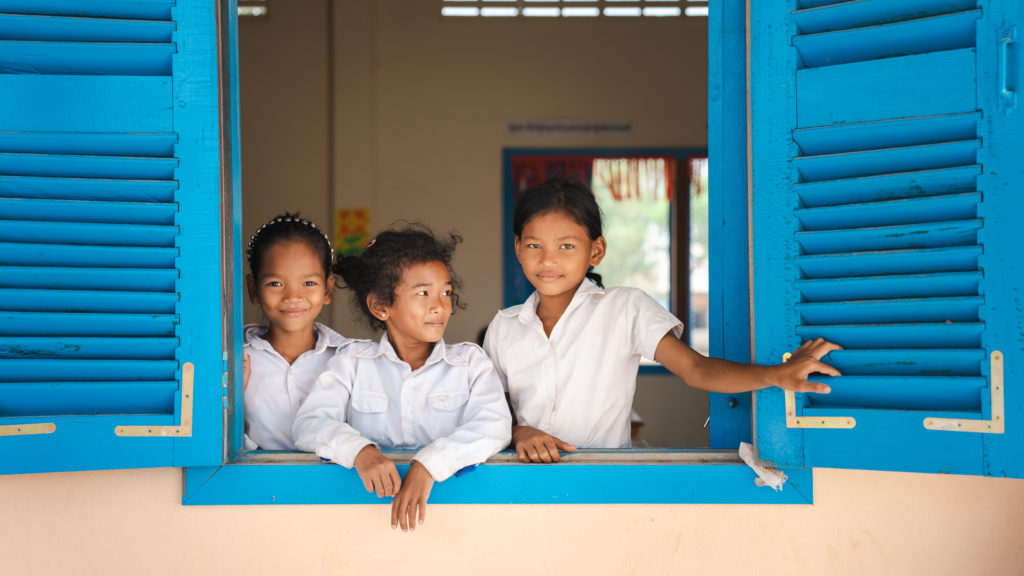“One morning, my mother sent me to buy rice from one of the few shops in the village that were still open. I walked to the store along the narrow paths, which had become empty and lonely. When I entered the store, the shopkeeper dragged me to the back and forced himself on me. This horrific experience led to my first pregnancy,” Nancy explains.
There has been a devastating effect on children and young people, especially girls, in Cameroon’s North West and South West. The socio-political crisis in the two regions has led to an increase in the number of people displaced by violence. Many people have left the rural areas for communities around the regions’ capital cities.
While many children are out of school, adolescents and young people are also more exposed to protection concerns, including physical violence, neglect, exploitation, child labour and forced recruitment into armed groups, among others.
Nancy lost her father when the fighting broke out and later lost her mother. She has a younger sister and brother who now live with different foster families. Today, she is 15-years-old and has already given birth to two children.
“After the rape, my body no longer felt the same. The feeling got worse with time. Months later, my mother realised that I was pregnant. We managed until I gave birth, and my mother died shortly after,” Nancy recounts. As a child mother, life became extremely hard for Nancy. Unable to take care of herself and the baby, a community member took her to live in an orphanage in a neighbouring village.
While in the orphanage, Nancy found a new family and started attending a community school where she made new friends, but her happiness was short-lived. In December 2019 she was raped for the second time, this time by her teacher, which led to her second pregnancy.
“After it happened again, I became afraid and ashamed. I was pregnant again; two men had forced themselves on me. I have two children, I am only 15, my parents are dead, there is no one to stand up for me. I will not go to school again. The situation pained me so much,” Nancy says.
Thereafter, life became very difficult for Nancy. The orphanage could no longer take care of her, her unborn baby and her five-year-old son. She was sent to live at foster home in Bamenda, the region’s capital.
Nancy was unsure of where she was going and didn’t want to be a burden to her new host, so she left her son behind in the orphanage before leaving for her new home in Bamenda, where she now lives. Although she is happy in her new home, life is not easy. Nancy has stopped going to school due to her pregnancy and the house where she lives is small, but has to accomodate 14 children and adults who all depend on their foster mother for support.
“I was glad to receive Nancy, though I worried about our living conditions. I used to sell firewood to take care of them, but my kitchen burnt down and fending for the household became more difficult. However, we take one day at a time,” explains Nancy’s foster mother, Aminata*.
During community training sessions run by Plan International, Nancy was identified for support. The protection team provided her with psychosocial support, which continues via home visits. Nancy also received a maternal care kit containing items for both mother and baby and check-ups throughout her pregnancy and after she delivered her baby.
In addition, Nancy was referred to Médecins du Monde for counselling and follow up sessions. Her foster mother has also received psychosocial support to help her become more resilient and build up her self-esteem, which will help her look after her foster children.
“I cannot express the amount of love that you and your team are showing me. All I can say is, thank you for bringing me hope,” Nancy says. Her foster mother agrees: “Your team came in just when we were anxious about how to manage her pregnancy and delivery. Thank you for taking care of her, her baby and us all.”
Today, Nancy has regained her confidence. She is happy and has the motivation to take part in a vocational training course to establish a source of livelihood for herself and her baby. “You have been supporting me for so long, but I would be glad if you gave me the opportunity to learn a trade so I can start making my own money to take care of my children and my family.”
“Before the activities of Plan International in our community, we didn’t care much about what child protection was all about. But, thanks to the training, child friendly spaces activities, livelihood initiatives and radio education programmes, our lives have changed. Today, most people in the community are very conscious about the protection of children,” explains community leader Philip Abili from Bamenda.
“When they see a child being beaten or hawking in the streets, amongst other things, they try to find out why. We receive a lot of complaints in the traditional council on a regular basis, including cases of rape and sexual abuse, and we punish the perpetrators and refer the children for follow-up checks.”
Despite enormous efforts by the government and humanitarian organisations, there are still hundreds of thousands of children, especially girls in the two regions, who are in need of protection services. This is highlighted in recent research carried out by Plan International, which reveals the key concerns that girls and young women from North West and South West Cameroon have, centre around the lack of access to education.
Miriam Castaneda, Country Director for Plan International in Cameroon, says: “Underlying everything, the girls emphasised the overall importance of peace and a desire to see the end of this long-running conflict. We are calling on United Nations Member States, the Government of Cameroon, and all stakeholders to prioritise peacebuilding, which includes a ceasefire, as well as protection and concrete measures to end attacks on schools.”
*Names have been changed to protect identities
